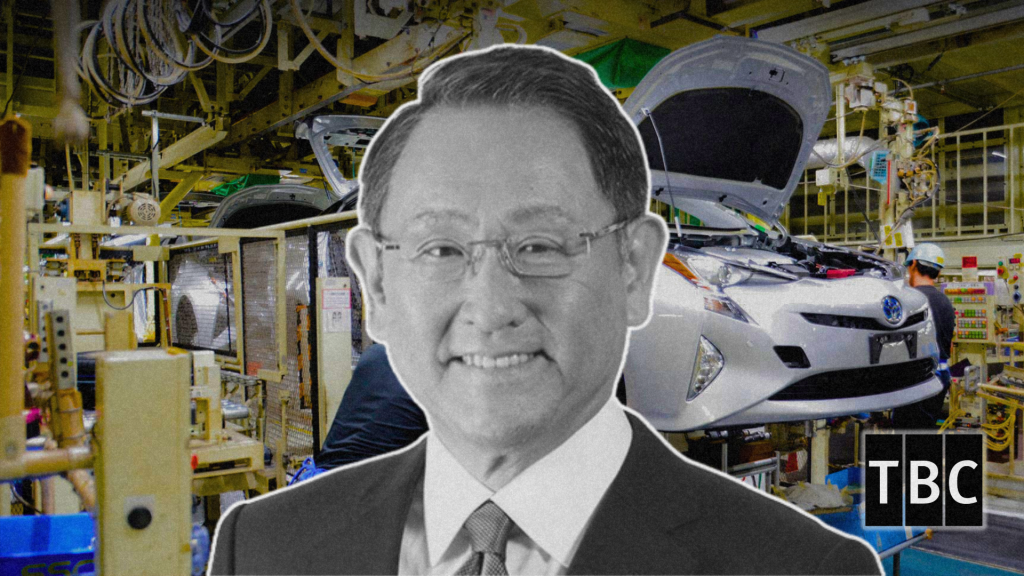
Toyota’s chairman, Akio Toyoda, is set to face a vote of no confidence from two major proxy groups at the company’s annual shareholders meeting on June 18. The move comes after Toyota apologized for fraudulent certification tests on vehicles, a major embarrassment for a company known for its commitment to quality.
The vote is a result of a series of scandals involving improper checks on vehicles, including collision tests, at group companies such as Daihatsu Motor Co., Hino Motors, and Toyota Industries Corp. Japanese officials have also reported similar issues at Honda Motor Co., Mazda Motor Corp., and Suzuki Motor Corp.
Institutional Shareholder Services (ISS), a proxy advisory firm, has recommended voting against Toyoda’s reappointment, citing his failure to ensure proper internal controls and governance measures within the company. ISS noted that Toyoda’s promises for change did not involve reshuffling the board, which it believes is insufficient to prevent future problems.
Glass Lewis & Co., another major proxy advisory firm, also recommended voting against Toyoda and another top executive, Shigeru Hayakawa. Glass Lewis emphasized the need for more independent board members and greater transparency in Toyota’s lobbying efforts on climate change.
Despite these criticisms, Toyoda is unlikely to be ousted due to the strong support he has from Japanese companies, which are Toyota’s largest shareholders. Toyota Industries, a group company, is the second-largest shareholder.
Toyota’s stock prices had tripled over the last five years before plummeting amid the latest troubles. The company’s shares are now trading at above 3,000 yen ($20), representing a loss of about 3 trillion Japanese yen ($18 billion) in market value.
The company’s profits doubled in the fiscal year ended in March, to 4.9 trillion yen ($31.9 billion), exceeding its own projections. Toyota is the world’s leading automaker, with sales of 9.4 million vehicles in the fiscal year that ended in March.
In a recent report, Kazunori Maki, an auto analyst at SMBC Nikko Securities, noted that the suspended shipments affected only 1% or 2% of Toyota’s global sales. He also suggested that factory workers might have skirted rules seen as meticulous but not vital for safety.
Toyoda has faced criticism before, including a massive recall scandal in the U.S. shortly after becoming chief executive in 2009. He testified before Congress, apologizing for the issues and emphasizing the importance of quality control. This time, he has reassured the public that Toyota will continue to address any problems that arise, saying, “We are not a perfect company. But if we see anything wrong, we will take a step back and keep trying to correct it.”

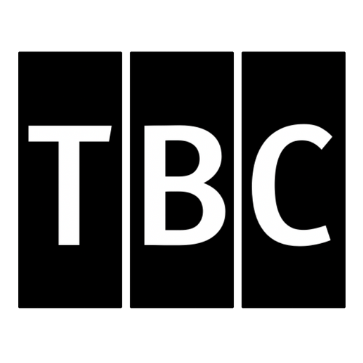

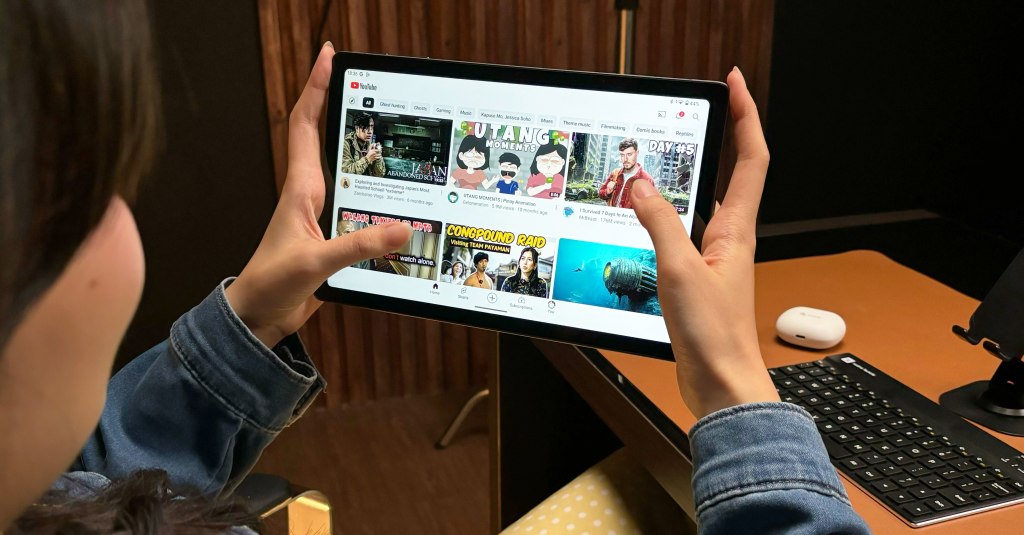
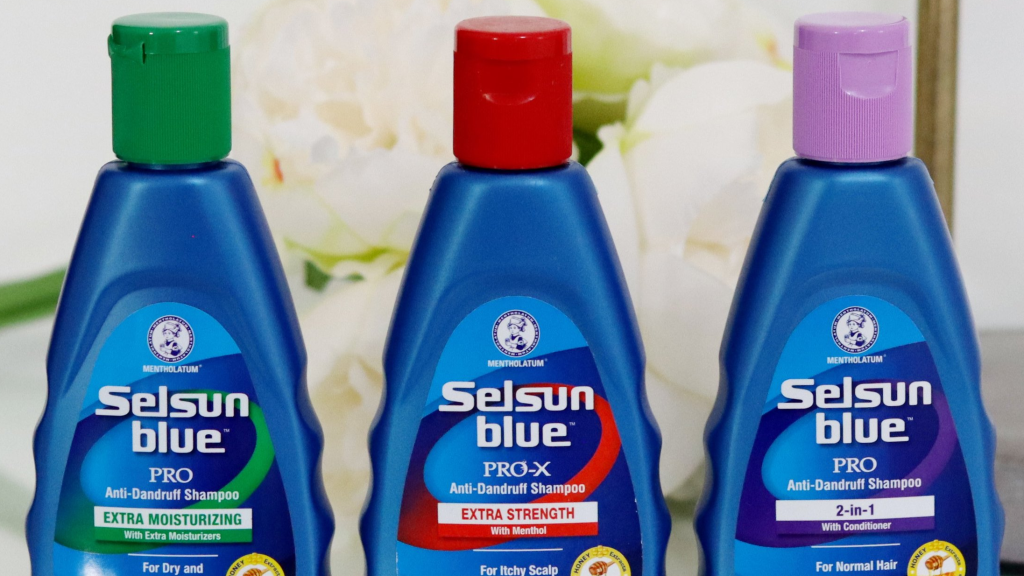
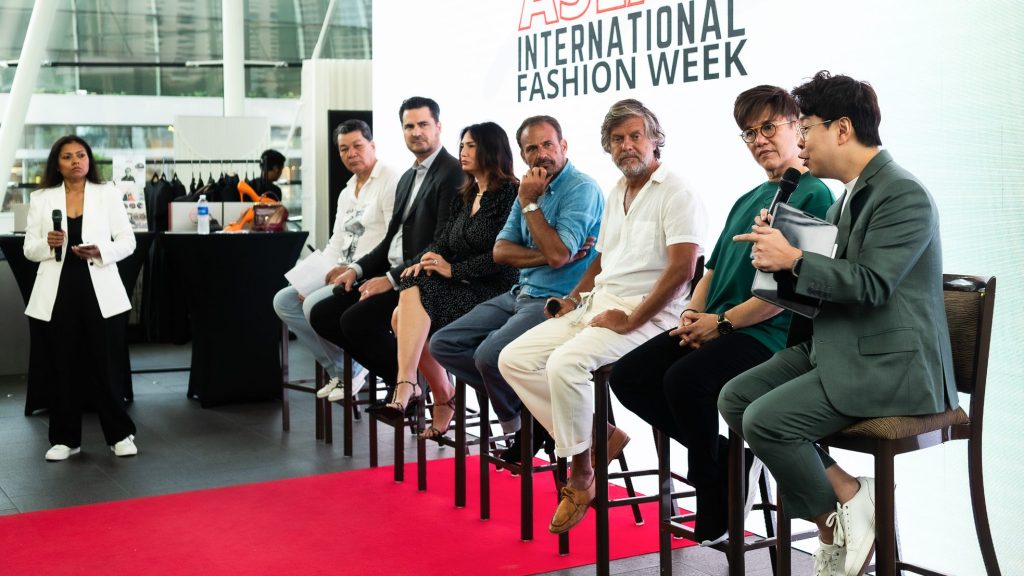
Leave a comment